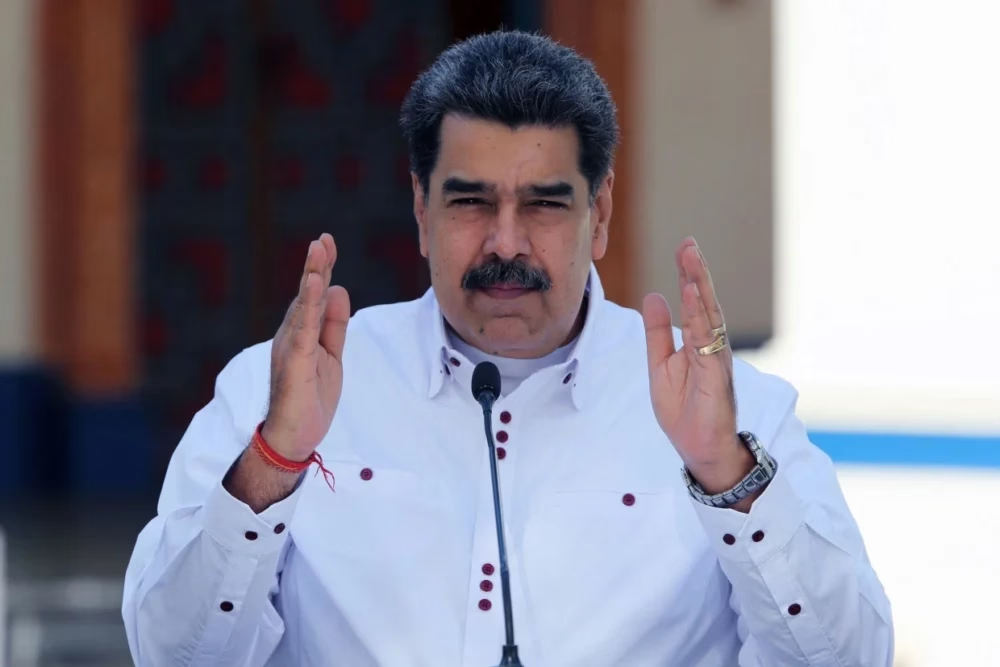In recent weeks, Venezuelan dictator Nicolas Maduro has intensified his crackdown on media and civil society, implementing a series of new laws designed to further entrench his power.
On March 30th, the Venezuelan Ministry of Interior and Justice issued a new requirement that all NGOs share “sensitive information” with the government regarding their donors, activities, and most troublingly, beneficiaries—the vulnerable communities they seek to support. This measure is intended to intimidate and limit the work of civic organizations fighting for democracy and human rights in Venezuela.
Maduro’s government has also introduced a new foreign aid law, which, if passed, would prohibit foreign contributions to independent news outlets. At a time when Venezuela’s currency is suffering from hyperinflation, and few Venezuelans can give to domestic organizations, this law would make it even harder for citizens to gain access to uncensored news. The proposed law is only the latest measure Maduro has taken to severely curtail press freedoms since taking power in 2013.
Finally, the state has further manipulated a comprehensive digital tool, Sistema Patria, to establish state control. Maduro’s government introduced the system four years ago to distribute state pensions, but has gradually expanded it to become the primary vehicle through which citizens can receive state benefits, salaries, and even COVID-19 vaccines. The database tracks election loyalty and allows the ruling United Socialist Party of Venezuela (PSUV) to systematically distribute the country’s scant resources to government loyalists.
Despite Maduro’s efforts to tighten his grip on power, the country continues to spiral out of his control, with the pandemic and hunger crisis still ravaging a nation impoverished by the socialist policies of Chavez and his successor. Outside of the capital, much of the country, governed by Colombian terrorist groups and drug smugglers, has devolved into lawlessness. In short, Venezuela is a failed state.
What lessons can we draw from what’s happening in Venezuela?
First, what’s happened in Venezuela should serve as a cautionary tale. Within a generation, it went from one of the richest, most democratic countries on the South American continent to a failed petrostate. This speaks to the fragility of democracy and the devastating impact that a corrupt, despotic leader (namely, Hugo Chavez) can have on a nation. It also underscores the danger of eschewing democracy for dogma and elevating extreme ideologies like socialism as governing philosophies. As the American system confronts its own extremism and ideologues, we must heed and internalize this lesson.
Second, Maduro is following the authoritarian playbook written by fellow autocrats the world over. His regime’s proposed foreign aid law echoes the repressive laws instituted by authoritarians in Russia, India, and Nicaragua in recent years. And the Venezuelan Sistema Patria resembles dystopian surveillance techniques adopted from China. Alongside vaccine diplomacy and funding for massive infrastructure projects, Xi, Putin, and other autocrats have exported systems of social and political control throughout the developing world. Unless America reasserts its role as a force for good on the international stage, the crackdown on media and civil society around the globe will only intensify.


